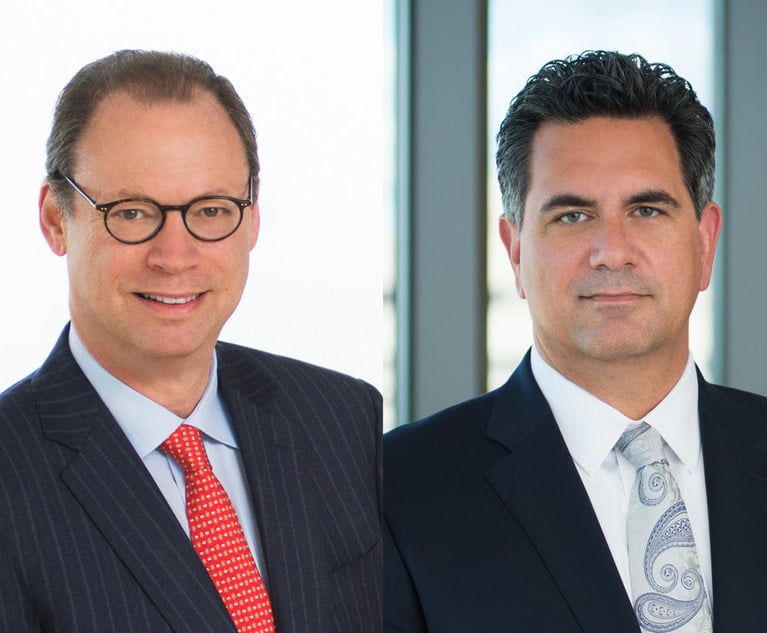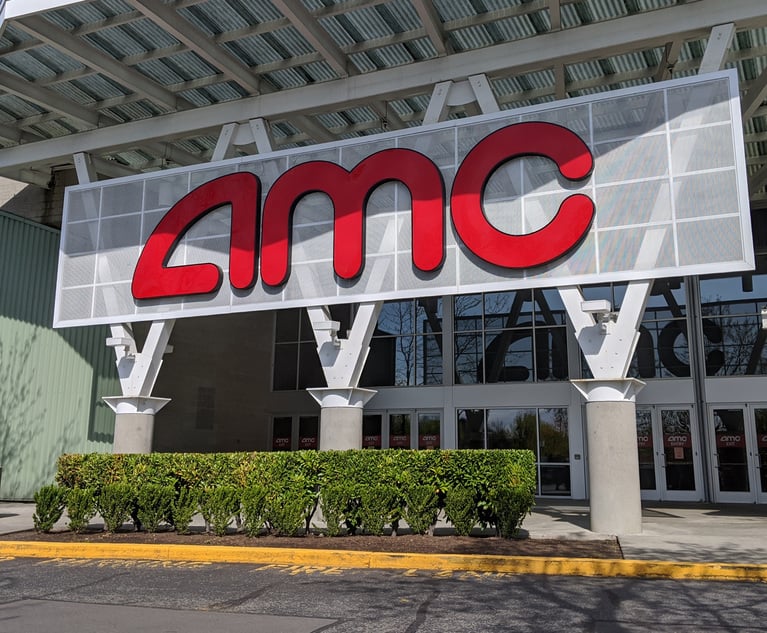In New Enterprise Associates 14 v. Rich, C.A. 2022-0406-JTL, 2023 WL 3195927 (Del. Ch. May 2, 2023) (NEA), the Delaware Court of Chancery discussed the enforceability of covenants not to sue for breach of fiduciary duty contained in stockholders’ agreements. The court reasoned that Delaware law permits such covenants, subject to two ifs and one but—and declined to dismiss, reasoning that the covenant at issue was valid but that plaintiffs had adequately pleaded intentional fiduciary misconduct.
The court’s magisterial opinion pays significant attention to the foundations of corporate law, including an extended footnote (almost as long as the court’s entire recitation of facts) explaining Vice Chancellor J. Travis Laster’s ontological conception of what a corporation is. While this blockbuster opinion has received a great deal of attention for the watershed test for anti-suit covenants it creates, less attention has been paid to the foundational conception of the corporate form which it articulates. The importance of that aspect of the decision is likewise profound, as it is informative of how one of Delaware’s most influential trial jurists will approach other key legal questions in future cases.
The First If: Facial Validity
This content has been archived. It is available through our partners, LexisNexis® and Bloomberg Law.
To view this content, please continue to their sites.
Not a Lexis Subscriber?
Subscribe Now
Not a Bloomberg Law Subscriber?
Subscribe Now
LexisNexis® and Bloomberg Law are third party online distributors of the broad collection of current and archived versions of ALM's legal news publications. LexisNexis® and Bloomberg Law customers are able to access and use ALM's content, including content from the National Law Journal, The American Lawyer, Legaltech News, The New York Law Journal, and Corporate Counsel, as well as other sources of legal information.
For questions call 1-877-256-2472 or contact us at [email protected]


 Michael B. Gonen of Duane Morris. Courtesy photo
Michael B. Gonen of Duane Morris. Courtesy photo




